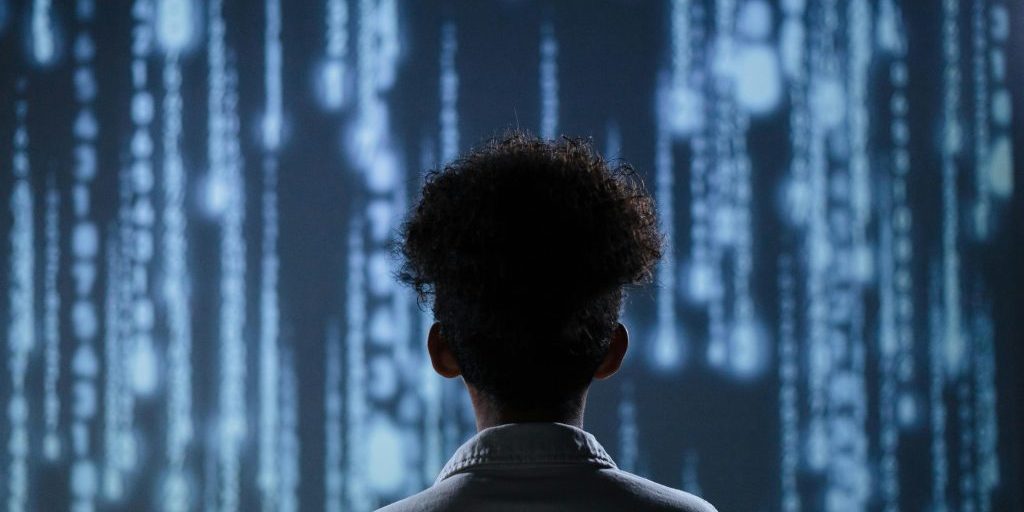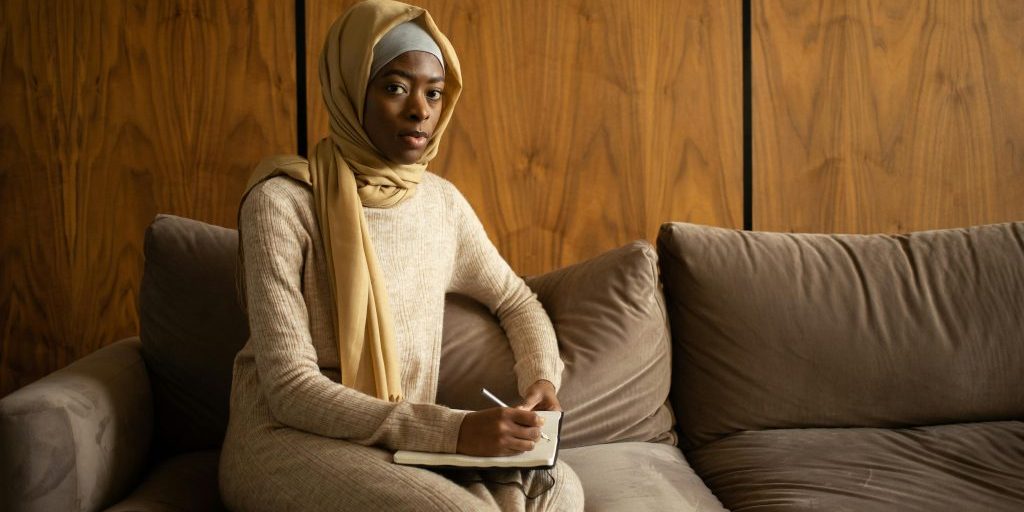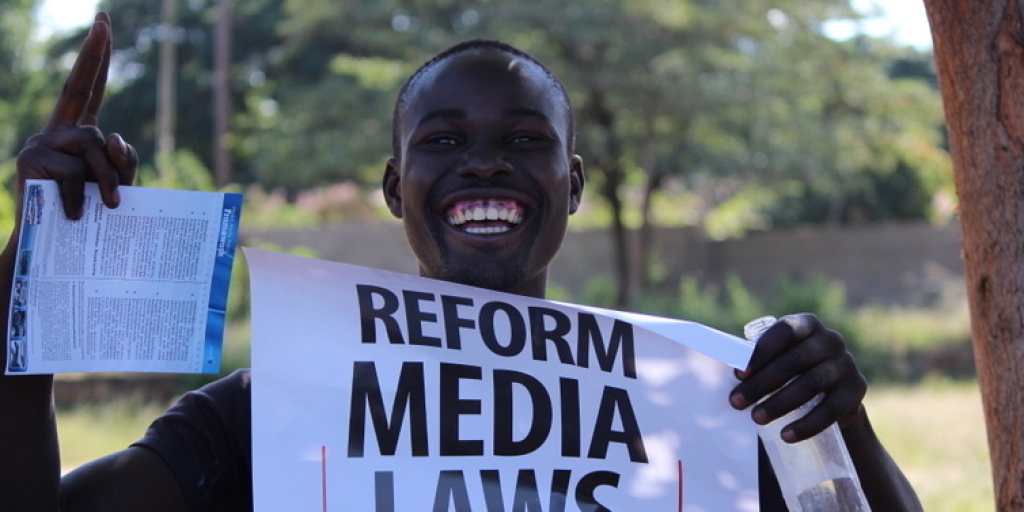Burkina Faso: IFJ, FAJ condemn forced enlistment of journalists
PICTURE: Burkinabe journalists Guézouma Sanogo, Boukari Ouoba and Luc Pagbelguem, captured at the end of March, were shown in military uniform in a military zone (Afrique-sur7)
International Federation of Journalists
On 24 and 25 March 2025, Guézouma Sanogo, President of the Association des Journalistes du Burkina (AJB), Boukari Ouoba, Vice President of AJB, and journalist Luc Pagbelguem were abducted in broad daylight by plainclothes agents linked to the Burkinabé intelligence services. Within days, disturbing military-issued footage surfaced showing the three journalists dressed in army uniforms, stationed at a military base and presented to the public as forcibly enlisted soldiers.
These journalists were not given a choice, no legal explanation and no opportunity to speak for themselves – only coercion, fear and a public erasure of their professional identity
As if that were not enough, the ruling military junta dissolved the AJB on 25 March 2025. A respected and legitimate professional association and an affiliate of both FAJ and IFJ, the AJB has long served as a vital pillar for journalists in Burkina Faso.
Its arbitrary dismantling is clearly intended as punishment for its defence of press freedom and its refusal to bow to authoritarian control. It is a direct and deliberate attack on journalists’ right to freely associate and a calculated blow against the collective voice and resistance of journalists.
Omar Faruk Osman, President of the FAJ, described the events as one of the darkest and most disgraceful chapters in the history of African journalism.
‘What we are witnessing in Burkina Faso is an unprovoked and brutal assault on press freedom and a naked attempt to erase the identity of journalists through forced militarisation.
‘As Africans, we are enraged by this violent hijacking of our profession. Our three Burkinabé colleagues have been robbed of their rights, their dignity and their calling.
‘The military regime has crossed every line of decency. It has disgraced the values of African journalism, insulted the intelligence of the Burkinabé people and brought shame to any notion that it stands for national progress or liberation.
‘We reject this cruelty in its entirety and will take this matter to the highest levels of African governance and international justice.’
The IFJ, representing over 600 000 journalists across the world, echoed this condemnation with equal urgency. Anthony Bellanger, General Secretary of IFJ, said, ‘It is not only a serious abuse of power, but a deliberate crime against journalists who have been stripped of their rights, torn from their profession and forced into a role that is not theirs’.
‘These are journalists – not soldiers. These are civilians – not conscripts. What the junta has done is illegal, immoral and indefensible. We stand firmly with FAJ and with the journalists of Burkina Faso, who are facing a level of repression that is outrageous and historically unprecedented.
‘The world must not look away. A regime that kidnaps journalists today will silence the public tomorrow.’
The IFJ and FAJ jointly assert that these actions represent a flagrant and serious violation of African and international human rights standards, including the right to freedom of expression, freedom of association and protection from forced labour.
Both federations view what is unfolding in Burkina Faso as an intentional move to militarise dissent, criminalise journalism and dismantle the very fabric of press freedom. If this is not urgently stopped, it risks spreading a destructive precedent across Africa
The two federations are calling for the immediate and unconditional release of Sanogo, Ouoba and Pagbelguem. They insist on the full reinstatement of the AJB, with all legal protections and recognition restored.
They also demand an end to all threats, intimidation and acts of violence against journalists across Burkina Faso.
Beyond these demands, FAJ and IFJ are calling on journalists’ unions, press freedom organisations, civil society movements, and international actors – particularly the African Union and the United Nations – to take decisive action, condemn these abuses, and hold the Burkinabé authorities accountable.
The IFJ and FAJ reaffirm that they will not relent in their commitment to unapologetically defending journalists. Their advocacy will continue until the three journalists are released, their dignity is restored, and they are returned to where they belong – in their professional association and in their media work, not behind barbed wire in military barracks.
- This article was first published here




